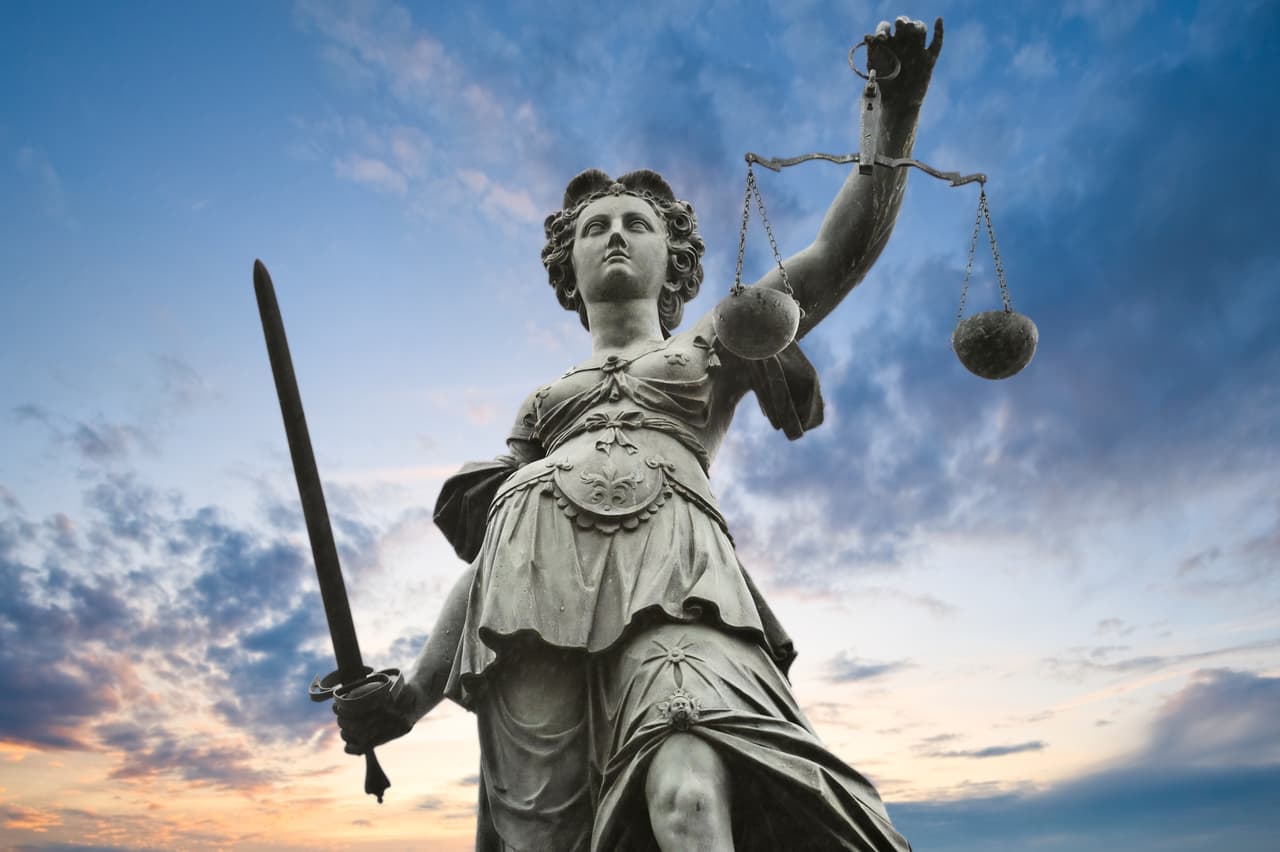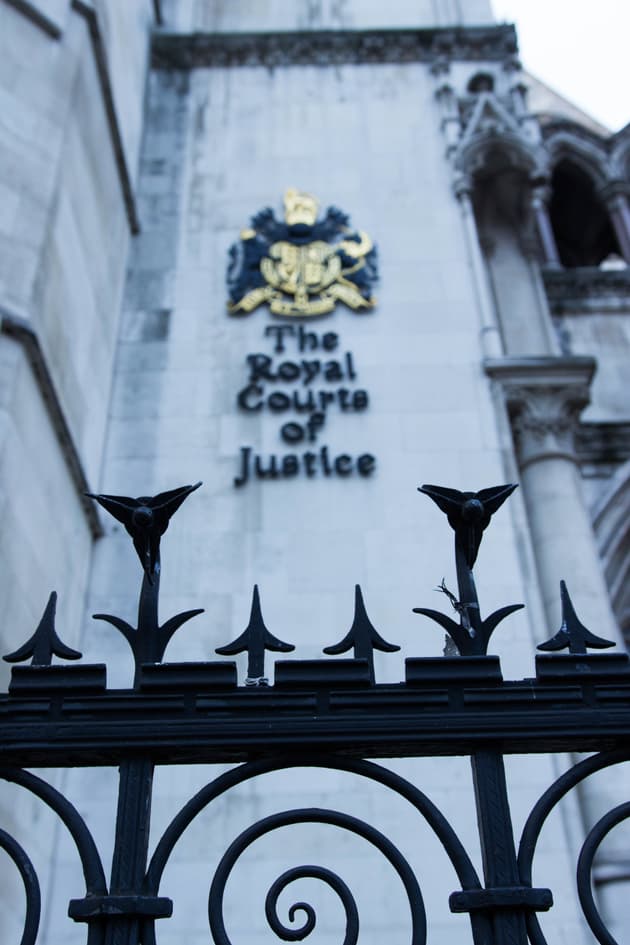
Silencers of the truth: what are SLAPPS?
At the Bureau, we’re no stranger to legal letters or threatening lawsuits. Exposing the food giants cutting down the Amazon or the private spies helping oligarchs battle each other in the courts isn’t easy work.
But those legal threats exploited by the rich and powerful to silence public interest journalism or activism, known as strategic lawsuits against public participation (SLAPP), are a particular problem.
SLAPPs don’t aim to correct an untruth or pursue reasonable damages for harm suffered. They aim to silence critical speech or political expression that threatens the interests of the claimant through ruinously expensive, time-consuming and psychologically exhausting legal action.
Journalists in the UK are subject to strict defamation laws. We have to be able to defend what we publish on the grounds that it is true and clearly in the public interest. If we can’t, we can face expensive legal action and embarrassing retractions or public apologies. Libel law is important in holding us to account.
But SLAPPs take an important legal safeguard and turn it into a weapon. Court fees in the UK are often exorbitant, even if the court ends up finding in your favour: reaching court in a libel case can easily cost hundreds of thousands – if not millions – of pounds. Defending a specious libel claim can mean bankruptcy or losing your home if you lack the financial resources for the fight.
Make change possible
Investigative journalism is vital for democracy. Help us to expose injustice and spark change
Click here to support usThe issue of SLAPPs has gained prominence in journalistic and legal circles over the past two years following two high-profile lawsuits against British journalists, one led by ultra-wealthy Russian oligarchs, the other brought by a multibillion dollar Kazakh mining conglomerate. Both cases were called SLAPPs by a network of free speech campaigners and provoked a new government review that seeks to stop the rich and powerful from shutting down journalism like ours.
The problem? It isn’t always clear how to define a SLAPP. Definitions vary from organisation to organisation and from country to country. The essential characteristics of naming something a SLAPP usually include:
A weak legal case: libel law is important in protecting the reputation of people in the public eye. But SLAPPs often rely on specious claims. Maybe the person has no reputation to defend. Maybe the company hasn’t been seriously impacted. Maybe the claimant is suggesting an extreme or distorted meaning of the article that no ordinary reader would take from it.
A vast imbalance of resources: SLAPPs are usually pursued by the rich and powerful to shut down opponents with far fewer resources. Often, that means individuals, small journalistic organisations, charities and NGOs are faced with legal fees that could bankrupt them, even if the claim is without merit. While winning a case means that your legal fees are covered by the other side, they are almost never wholly recovered. Fielding even 20% of a legal bill that could stretch to £500,000 is beyond the reach of most individuals, and lots of smaller newsrooms.
A matter of public interest: If someone spreads salacious gossip about someone else online and gets sued for it, that probably isn’t a SLAPP. To be a SLAPP, the issue sued over has to be important to the public interest, say, a matter of political corruption or corporate wrongdoing that deserves the public spotlight.
 The Royal Courts of Justice
The Royal Courts of Justice
SLAPPs matter because they threaten to chill free expression, journalistic endeavour and activism by civil society groups, all of which are essential in holding politicians and powerful corporate interests to account.
And the UK appears to be a particularly favourable location for pursuing SLAPPs.
The UK government recently published draft proposals to clamp down on SLAPPs. Its first proposal was to introduce an early dismissal procedure for the most abusive lawsuits, dismissing them before they can drag on into court with the associated expenses of fighting a claim. A second proposal would cap costs, taking the financial sting out of the process. With a new government and a changing of the guard at the Ministry of Justice, however, it’s unclear whether SLAPPs will remain on the political agenda.
Each legal threat we receive takes time, effort and money to fend off. But, above all, legal action drags us away from doing our job: reporting fearlessly on wrongdoing no matter how rich or powerful the wrongdoer.
For the safety of our reporting – and the freedom of public interest journalism everywhere – we hope that SLAPPs remain a political priority.




